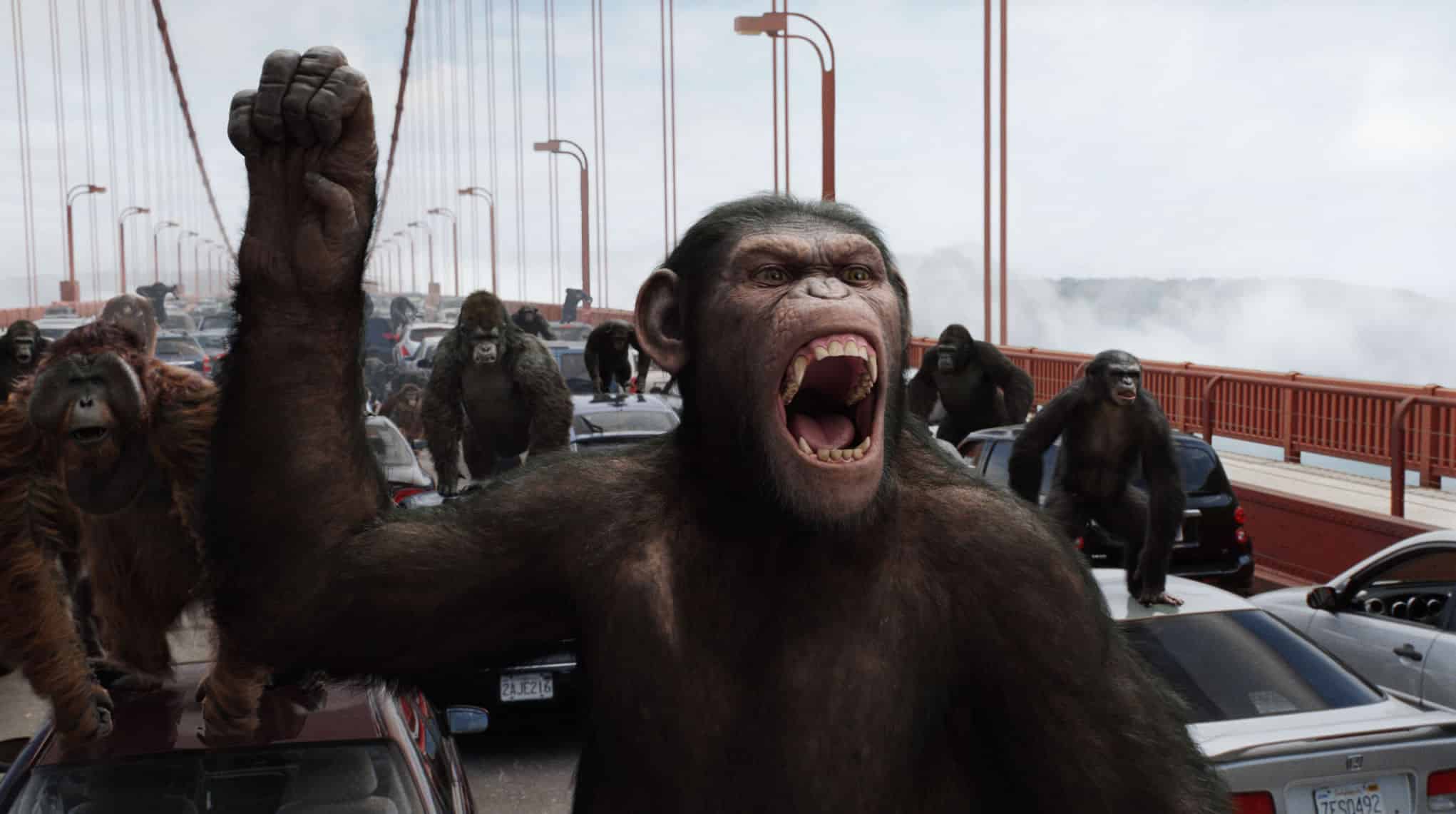What could probably be high-ranking on a Hollywood writer’s list?
I’ll tell you what. Biotech, with a sinister spin. Probably tops the list too. In need of a villain? Invent a masculine, monstrous biotech fiasco and there you go. (that actually rhymes!)
I probably need not give you examples here, although I’ll take the liberty, go ahead and mention an upcoming project- JLo is now all set to make a thriller based on the field’s much hyped sectors- gene editing. What’s more- it’s even titled C.R.I.S.P.R.
Had me rolling my eyes for whole of the article and rest of the day.
Not. Amused.
“Rise of the Planet of the Apes” is the latest offering in the long line of movies to find a ready-made baddie in biotech’s push-the-envelope labs and bounteous balance sheets.
“I think it’s a huge chasm,” said John Maraganore, CEO of Alnylam Pharmaceuticals and chairman of BIO, the biotech sector’s largest trade group. “We’re an industry where our scientists come to work every day not worried about making money but about new inventions, new discoveries, and cures for patients.”
It’s more or less of a cinematic tradition that’s often frustrating to the industry’s thousands of employees, who
view themselves not as faceless profiteers, but as honest men of science questing to outflank human suffering.“Big Pharma is a perfect movie villain because it’s combining the mad scientist of science fiction with the big banks, the big-money villains of dramas and thrillers,” said Miranda Banks, an associate professor of cinema studies at Emerson College
“One of our internal mantras was, ‘Why can’t the pharma industry be appreciated the way the tech industry is?’” said advertising executive Belle Frank, whose firm, Young & Rubicam, worked on the PhRMA campaign.
The rebooted “Apes” saga, whose latest installment has grossed more than $100 million, offers an implicit answer to that question- one scene, where a well-meaning scientist played by James Franco implores the Gen-Sys board to approve first-in-human trials of the therapy, ALZ-112, touting its benefits as “virtually limitless.” He is then interrupted by a creepy avaricious superior, who notes that the potential profits are “limitless” too all the while plotting in his vicious little head, which is when a rampaging ape driven mad by Gen-Sys’s gene therapy, shatters that very screen, thuds onto the boardroom table, and dies in a storm of security gunfire.
Here, we can easily point out two time-honored film modalities at work: the Pandora’s box model, focused on what science has done to man; and the Prometheus motif, in which we see what man does with science. Therefore, in this perspective, it seems as though Hollywood’s fascination with the industry is less like prejudice than a simple reflection of biotech being today’s manifestation of big science.
John Crowley, CEO of Amicus Therapeutics, says there’s a place for all the “Apes” and “Fugitives” of the world, movies that “force us to think about the moral questions and ethical boundaries we need to work within in our industry.” But “Extraordinary Measures,” he says, could point to a third path for filmmakers with eyes on the drug industry.
“Take it back to Pandora’s box,” Crowley said. “When all the little secrets were let out, by the time they closed the box, there was only one thing left. That was hope. Maybe, somehow, Hollywood needs to tell that story, too.”
All said, even if that more positive spin doesn’t make it into the multiplexes, it could at least hold some benefit to biotech being portrayed as an all-powerful (if regularly sinister) force.






























